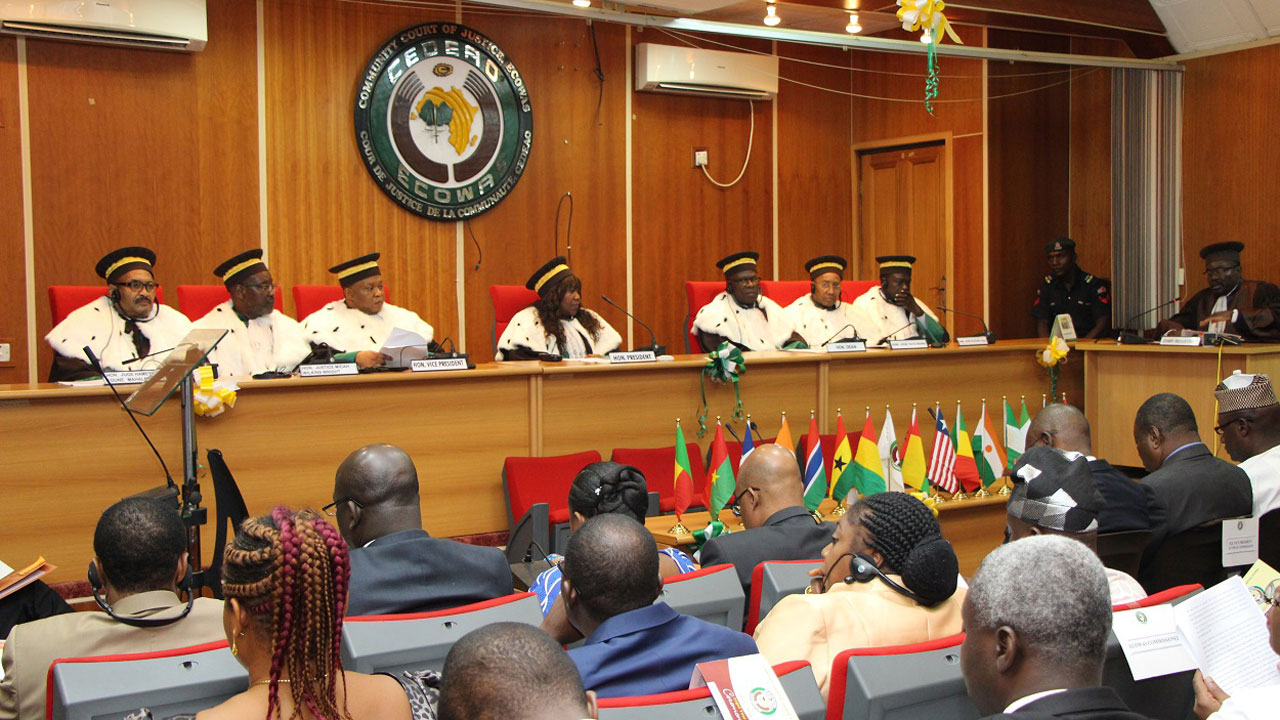
The Kano State Government responded to the latest ruling that declared the state’s blasphemy law violated human rights and insisted that it retained constitutional authority to create laws consistent with the religious and moral values of its main Muslim population.
On April 9, the Regional Court found that the Kano State Sharia Code and the Kano State Criminal Code conflicted with the right to freedom of expression under the regional and international human rights framework. The court then ordered the federal government of Nigeria to “repeal or amend established legal provisions and similar laws to be consistent with Article 9(2) of the African Charter.”
In a statement on Sunday, April 13, Kano State Information and Internal Affairs Commissioner Ibrahim Waiya maintained the state’s position and asserted that the ECOWAS court would not go beyond the Nigerian constitution.
“While the state remains committed to promoting fundamental rights and respect for the rule of law, it has a constitutional and moral obligation to uphold religious sanctity, maintain public order and preserve its faithful values that are primarily Muslim populations,” Waiya said.
He cites Article 4 (7) of the 1999 Nigerian Constitution, which enables the National Parliament to legislate matters on a list of concurrent legislation, including the criminal law. He said: “Kano State’s Sharia Law (2000), including Article 382(b), is in compliance with the Constitution and has a full legislative body and welcome mandate.”
The Commissioner added: “This is not a distortion, but an recognition of the diversification of the law, which is a sign of the Nigerian federal system.”
Waiya mentioned legal precedent, “as confirmed Yakubu v. Governor Kogi State (1995) 8 NWLR (PT. 414) 386States have the right to enact laws to reflect their social, moral and religious backgrounds. ”He also quoted Wingrove v. UK (1996) 24 EHRR 1among which the European Court of Human Rights upheld the British blasphemy law compatible with the provisions on freedom of speech, recognizing the legitimacy of protecting the “religious sense of believers”.
According to Waiya, the jurisprudence supports the view that “Nigeria, and the extension, Kano State – has the right to limit expressions, offend the deep-holding expression of religious belief, especially about the religious belief of the Prophet Muhammad (SAW), whose honor is inviolable in Islam.”
Resolving concerns about abuse of blasphemy laws, the government clarified that such prosecutions are under legal scrutiny. “The state is not necessary to take legal measures against abuse of blasphemy laws,” Waiya said. “The prosecution of blasphemy is always approved by the state attorney general.”
“We will not allow religious freedom as a cover for sacrifice, insult and provocation,” the Commissioner said. “We reaffirm our firm commitment to uphold the sacredness of Islam recognized by our laws and the will of our people.”
